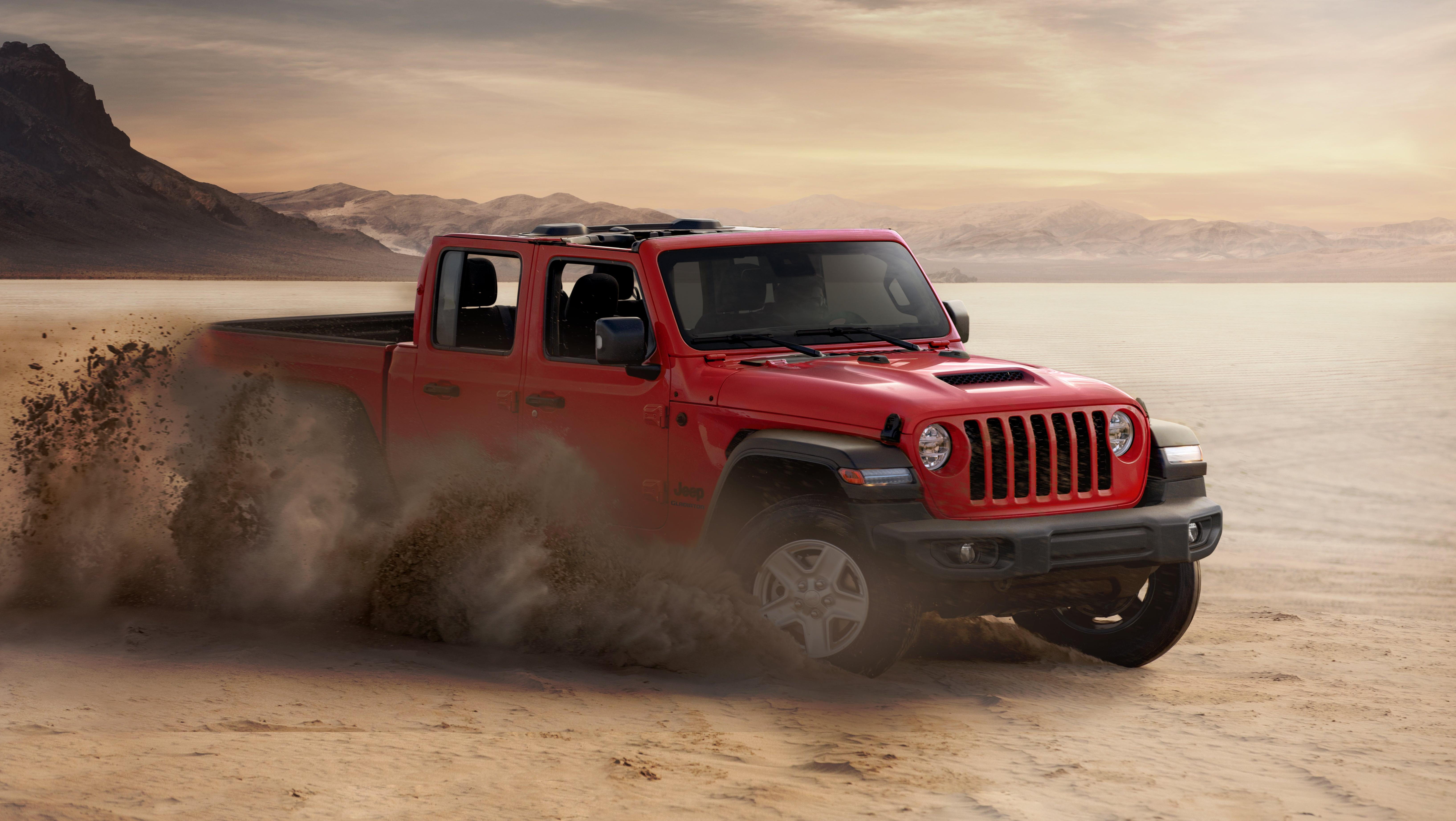Jeep Wranglers, Jeep Gladiators, And Ram 1500 Trucks With Diesel Engines Recalled For Potentially Faulty Fuel Pumps
FCA to recall over 60,000 trucks and SUVs from Jeep and Ram due to fuel pumps that may cause stalling.
Fiat Chrysler is recalling thousands of diesel-powered Jeep Wranglers, Jeep Gladiators and Ram 1500 pickup trucks due to faulty fuel pumps. The recall affects relatively new Jeeps and Rams equipped with 3.0-liter turbocharged V6 diesel engines, which are in danger of stalling as a result of their high-pressure fuel pumps failing prematurely and without warning.
Documents from the NHTSA say the recall applies to the 2020-2022 Jeep Wrangler, 2021-2022 Jeep Gladiator and 2020-2022 Ram 1500 with the fan-favorite — and lauded — diesel engine. The recall involves 60,413 vehicles in total, according to Consumer Reports. Just over half are Ram 1500 trucks at 31,794 models, while a big portion of remaining models are Jeep Wranglers at 21,244. The Jeep Gladiator is the least affected in the recall with 7,375 models.

The same faulty fuel pumps from Bosch went into all three models, and is in danger of failing. In some cases, but not all, the Jeeps and Rams may notify drivers of fuel pump failure with a warning light. The pumps could leak fuel or make excessive noise, and potentially allow debris into the fuel system. If the high-pressure fuel pump fails, it could cause fuel starvation and stalling while vehicles are being operated, which could lead to a crash.
FCA is not yet aware of any crashes or injuries related to the defect, and even though it potentially affects tens of thousands of vehicles, the Jeep and Ram parent company has only recorded 205 related warranty claims as of September 29.
The recall fix will require replacing the high-pressure fuel pumps from Bosch with more durable fuel pumps; dealers will also inspect and replace any other fuel system components affected by the faulty fuel pumps free of charge.
Fiat Chrysler Automobiles agreed to conduct a voluntary safety recall for the defect in early October, but the recall will officially launch early next year. FCA will begin mailing notices to owners of the affected Jeep and Ram models on December 2, but, as always, owners may track the recall using the NTHSA VIN tool. Or on the agency's mobile app, SaferCar.

